Running & Writing
On mantras, and Haruki Murakami's "What I Talk About When I Talk About Running"
Today’s Writing Music: J.S Bach, Goldberg Variations BWV 988, Gile Bae, Piano
Today’s Reading: The House of the Spirits by Isabelle Allende
I promise this isn’t about to turn into a fitness newsletter.
Haruki Murakami makes a similar assurance in the forward to his memoir What I Talk About When I Talk About Running. “A gentleman shouldn’t go on and on about what he does to stay fit. At least that’s how I see it. As everyone knows, I’m no gentleman, so maybe I shouldn’t be worrying about this to begin with, but still, I’m a little hesitant about writing this book […] this is a book about running, not a treatise on staying healthy.”
What it really is, in addition to being a book about running, is a book about writing, and in that same spirit, I’ll assure that this post will still be about writing even if it is somewhat also about running.
Haruki Murakami, aged 60 at the time of the memoir’s publication, was still routinely running not just marathons but also occasionally running ultramarathons (doing stuff like running for 24 hours straight, or going 100km/62.14 miles).
By contrast, I have just this morning finished running 2.3 miles and I’m pretty miserable about it.
On the one hand, I think Murakami is clearly a lunatic. But on the other hand he’s also the author of fifteen novels and 5 short story collections—which, forgive me for a small burst of ego, is the kind of thing that, by 72 (his current age) I’d love to be able to be able to say. (I’ve been trying to define better what my concept of “success” looks like, and I’m told it doesn’t need to be reasonable.)
And I’m not saying I’d like to be Haruki Murakami—one of the greatest novelists of this century (and the previous century) winner of numerous literary awards—I’m just saying I’d like, at the age of 72, to look back at my career and see that I’ve written a pile of really interesting and varied books. Ding me for ego if you must—that’s the kind of thing I want to at least be trying for.
What does that actually take? I mean, in practical terms it would mean, for me, writing a book practically every other year for the next thirty-two years. Now I’m feeling like a lunatic, but, well, it’s also a pretty thrilling prospect.
And so I read Murakami’s memoir in the hopes that he could shed some light on how his life as a novelist intersects with his life as a distance runner. How does one feed the other, if it all?
To state what may be most obvious: both activities involve building up a lot of endurance. Writing a novel is not unlike training for (and running) a marathon--you can’t just strap on some sneakers and start running:
In the episode of How I Met Your Mother above, Barney Stinson decides to run a marathon with zero preparation or training, to prove to his friends that it’s no big deal.
In the episode, he actually finishes, quite smugly, only then, riding home on the subway afterwards his legs stop working and he’s left writhing on the floor.
Anyways. You get the idea. Sure, on the one hand, writing a novel is just a matter of sitting down, beginning to write, and not stopping until you’ve reached some ideal number of pages. But that’s guaranteed to leave you and your novel as limp and worthless on the proverbial floor (or literally) as Barney there.
My students will cite the example of Jack Kerouac, writing On the Road by simply sitting down in a hotel room and banging it out on a long scroll of paper (while taking quite a lot of Benzedrine). (“Legen-dary,” as Barney would say.) But what most people usually don’t know is that before this miraculous verbal-endurance feat, Kerouac had been practicing the art of spontaneous writing with for years, filling notebooks with little character sketches and vignettes that he could reach for when the big day came. In some ways, Kerouac’s example isn’t the exception, but so much more like the real marathon runner than my students realize.
So there’s one clear parallel—endurance. You have to work at it daily.
Next up: Murakami also points out that a key to success in running, and for writing, is to track your progress against your own past performance—not other people’s. Most people don’t expect to actually win a marathon when they set out to run it, but they may have a past time they’d like to beat, or even just a certain incremental improvement they’d like to see in speed or splits or heartrate, etc. (Murikami writes beautifully, actually, about how as he ages he learns to modify his expectations.)
In that same vein, one shouldn’t set out to write a novel with the expectation of winning the Nobel Prize (which even Murakami still hasn’t won) or, more likely, to write a novel that sells better than a friend’s or wins more prizes. The goal needs to be that, at the end of the day, you think it marks some kind of incremental improvement over your own past performance—even if that view may not be shared by others!
In a bit of a tangent, Murakami offers some insight into how he manages to keep this straight in his mind, regarding writing.
Before he took up writing full time, Murikami owned a small jazz bar, Peter Cat, in Tokyo:
He describes realizing at some point that for his business to stay afloat, he didn’t need every patron to have a great time and come back the next night or the following month. Actually only maybe 1 in 10 patrons needed to be repeat customers, for the enterprise to succeed. Even fewer needed to be true regulars who came all the time. This wasn’t going to be a massively popular, trendy spot—and that’s not what it needed to be. The goal, again, is long-term, not short.
The parallel to writing would be that you don’t need to always be trying to maximize your audience. “Write to please just one person,” I remind myself of Vonnegut’s advice, “If you open a window and make love to the world, so to speak, your story will get pneumonia.” Some things you write will go over well and some won’t--and that’s OK as long as some fraction of the crowd is still interested in the next thing. You don’t need to make everyone happy every time, in other words. You just have to keep providing something that a handful of people value so much that they’ll come back again and again.
A third thing: early in the forward, Murakami offers up his runner’s mantra, and it too seems to be quite apt for the practice of writing: “Pain is inevitable. Suffering is optional.”
I think about this a lot, while writing, and also running. I haven’t been a very steady runner for a long time now. For years now, I’ve put “Exercise/Run 3x a Week” on my annual 5-Point Plan list (more on that next time) and then at the end of the year, marked it off as a failure.
Between raising two kids (who don’t sleep), teaching full-time, and writing… exercise and other healthy stuff just ends up getting jettisoned. If it’s really hot, or really cold… as it is here often… I’m just not getting out there. And it’s been a real frustration for me for a long time now.
Similarly, I find that while I’m generally pretty productive in my writing, it’s become far from what I’d think of as steady or regular. Instead, I’ll write a lot for a few days, then slip away for a week, or even more. My enjoyment of the actual writing is usually pretty high, but in the long stretches where I’m not writing, my anxiety is also very high. So it’s a lot of hills and valleys, and I have long wished I could flatten it out a little more by just doing a medium amount of writing every day.
It wasn’t always like this. I first got into running about ten years ago, when—and this isn’t a coincidence, I think—I was writing very regularly. This was before children, and before I had a full-time teaching job, but I was still plenty busy.
My friend had been organizing a 5K to raise money for Concern Worldwide, an international charity that combats hunger and poverty.
Wanting to support her and a good cause, a bunch of us signed up to run in the race—and since it was around the time of my first novel’s publication, I also made us all t-shirts with the book jacket on the front (which my friends, God love them, wore without complaint):
But first, I trained. Having not really done much running since somewhere around the 6th grade, I had no idea what I was doing. I started to jog the loop that goes through Prospect Park in Brooklyn a few times a week. At first it was pretty miserable. I hated the big hills, the bikers zooming past, the other runners (all faster) eyeing me, and the way I would end the run each day so tired that I could barely walk home.
More than anything I resented the time it ate up in my day--it took me at least an hour to go from my door to the park, around, and back again. As I ran, I kept thinking that this was all time better spent in working on my second novel--or dealing with any number of essays I was supposed to be writing, interviews I was supposed to be doing, and then there was my actual day job, teaching. Oh, and my son was just about to be born.
I’d been told that running would give me more energy, make me feel healthier, and also provide some valuable time to clear my head and locate some sort of inner peace. At the very least I thought I might use the time to untangle plot issues in the new novel.
Only I found I couldn’t think clearly about anything, what with all the cramping and panting and limping I was doing. I would go home feeling sore, in body and spirit, in no way feeling improved or bettered.
Which brings me to Murakami’s mantra: “Pain is inevitable. Suffering is optional.”
You might remember, way back, in my first post about Loorie Moore's story, “How To Become a Writer, Or Have You Earned This Cliché?” I talked about a part where the young girl accidentally breaks a drinking glass while loading the dishwasher. “This is the required pain and suffering,” says the narrator, “This is just for starters.”
In that post I tried to argue against the idea that pain and suffering are necessary for great writing, or at least how we often overlook things like joy and fun as being also integral to great writing.
Murakami's mantra splits that hair a bit more finely. Maybe the pain is necessary, or inevitable. (“NO PAIN NO GAIN!” someone who actually went to the gym might say.)
But even if the pain is always there, then maybe the suffering needn’t be.
Pushing yourself will always eventually lead to some pain and discomfort. But a runner, or a writer, can choose whether to dwell on that, and therefore allow themselves to experience the suffering.
(This is, incidentally, exactly where running comes apart for me most times. As I feel the exhaustion and soreness rising, I think to myself, “Life isn't hard enough? You're not tired enough already? Really? Why are we torturing ourselves here on purpose?” In other words, I let the pain turn right into suffering, and then… I quit.)
Fortunately, I don't feel that way about writing. There's pain involved: frustration, feeling unconfident, grappling with difficult emotional places, general distress… but I think it's the joy and the fun that temper all that and prevent it from turning into suffering.
Since I am a novice runner, I decided to consult someone who knows what she’s talking about. My friend Emily has run six marathons before and is currently training for a seventh in October, is also a wonderful journalist and writer. So I asked her what she thought about this idea of pain vs suffering, and where joy comes into the equation.
She explained that she has a slightly different mantra than Murikami:
"The more you sweat, the less you bleed." That comes from the boxing world, and the idea is that the more you prepare, the less damage you'll suffer in the event itself. But yes, even with the sweating and pain and possible bleeding, there is joy and fun in running. Although joy and fun don't happen on every run, every run has a purpose.
In this version, the sweat is inevitable, but the bleeding optional. More than that, allowing for the former, prevents more and more of the latter. Getting comfortable with that pain will actually alleviate the suffering part.
She also suggested that one problem I may be having in getting to the joy/fun in running is that I’m actually not going far enough. I’m giving up before the fun part actually arrives.
Many people maintain that no matter how often you run or how fast you go, the first two miles of a run suck. They just do. It's only after you put in those first two miles of suck that you can even begin to have a chance at some non-suck running. Most casual runners don't get very far past those first two miles, and they don't continue on to start to see the joy.
As the kids would say, “I feel seen.”
And I wonder if this often gets to the issues new writers face. You have to get past the opening jitters, push beyond the first few hurdles, and see what happens when you get into unknown territory.
Just like writing, she reminds me, if you show up to do it every day, a lot of what happens on the page is going to suck, but they also won’t be useless. Each time you write, or run, you have an opportunity for finding the joy that you wouldn’t have had otherwise—that’s the thing to keep in mind.
Back in 2013, when it came to the day of the actual 5K, I had only once successfully run that far without stopping to walk, and this was after twelve weeks of running. I worried I’d get out there and embarrass myself and end up walking half the race and coming in well behind my friends.
Instead, I felt something very new come over me as the big day began. Being there with all the other people, part of a team for the first time, I wasn’t tired or grumpy or anything. Seeing my friends, even when they were up ahead, jogging along, was a comfort. Before I knew it, I was through the first 3K and heading into the 4th. I felt fantastic. By the final stretch I actually found myself speeding up as I neared the finish line. Finally, those much-promised endorphins had found me. The twelve weeks of sweat had paid off.
What also stayed with me later that, it wasn’t until I actually was out there with my friends around me, that running actually felt good.
So to that end, I’ll conclude the post by setting myself a few goals for the month ahead—and without turning this into a fitness blog, I’m going to try and use this space to keep track of how it goes.
1) I’m going to run 3x a week, at least 2 miles each time, and I’ll update here on how that goes and if it does end up leading to anything positive.
2) I’m going to write at least 500 words a day of fiction. (“Minimum” is key for me, since I often will say “Oh I wrote 2000 words Monday, so I’m good for a few days now—and by that same logic, “Fiction” is important too… I’ll often say “Oh I edited something old, or I wrote this blog post, so that counts.”)
Writing Towards the Fun #12:
Join me in the exercise(s)! Set your own weekly exercise goal, and pair it with your own weekly writing goal—you can use word counts, or time with butt-in-seat typing, whatever works better for you. But the key here is to tie them together, and see, as I will try to do this month, if they go hand-in-hand. Does regular physical activity affect the regular writing activity—hopefully in some positive way?
I’ll report back in two weeks, and then again in a month. Feel free to leave a comment or reply and let me know if you’re noticing any difference!



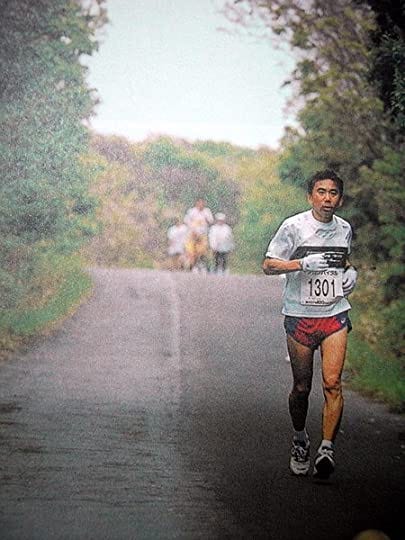
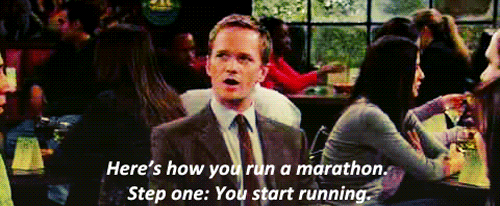
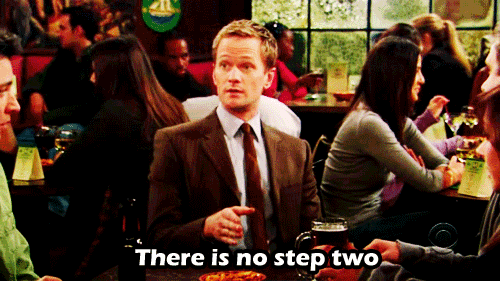



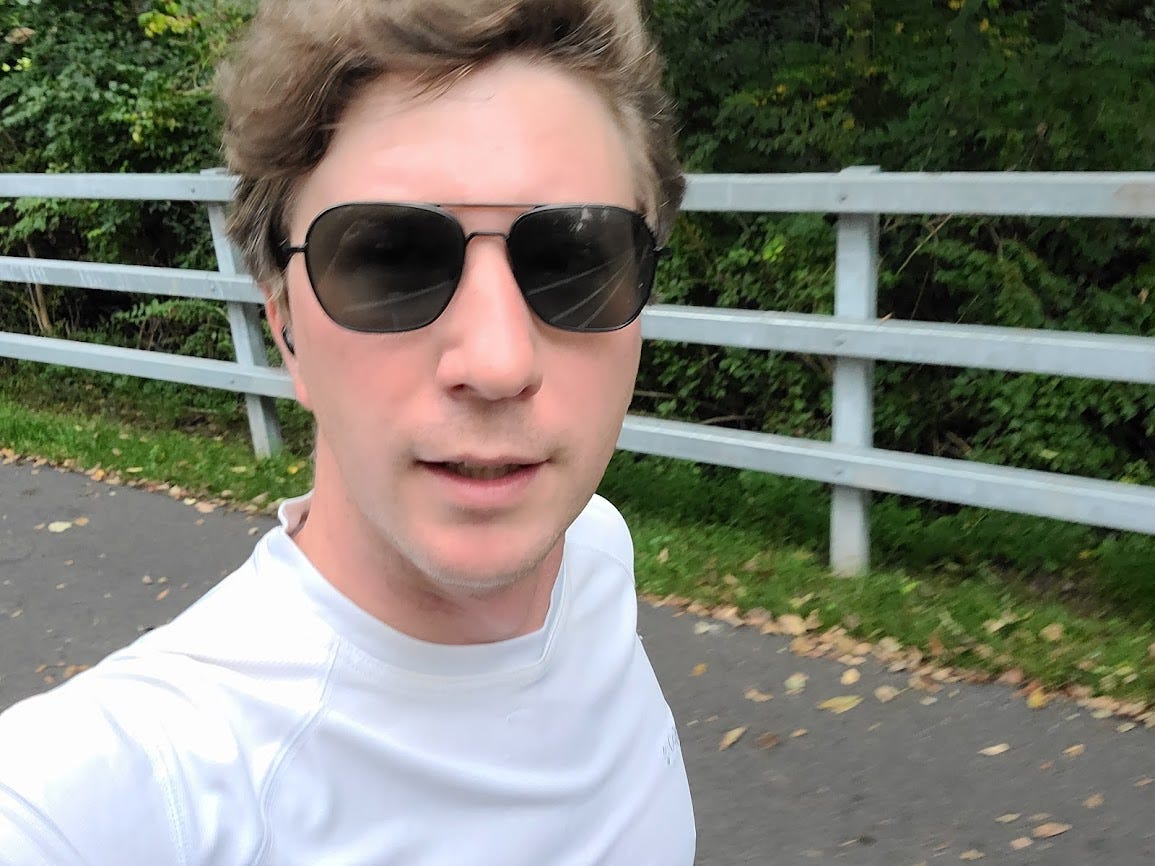
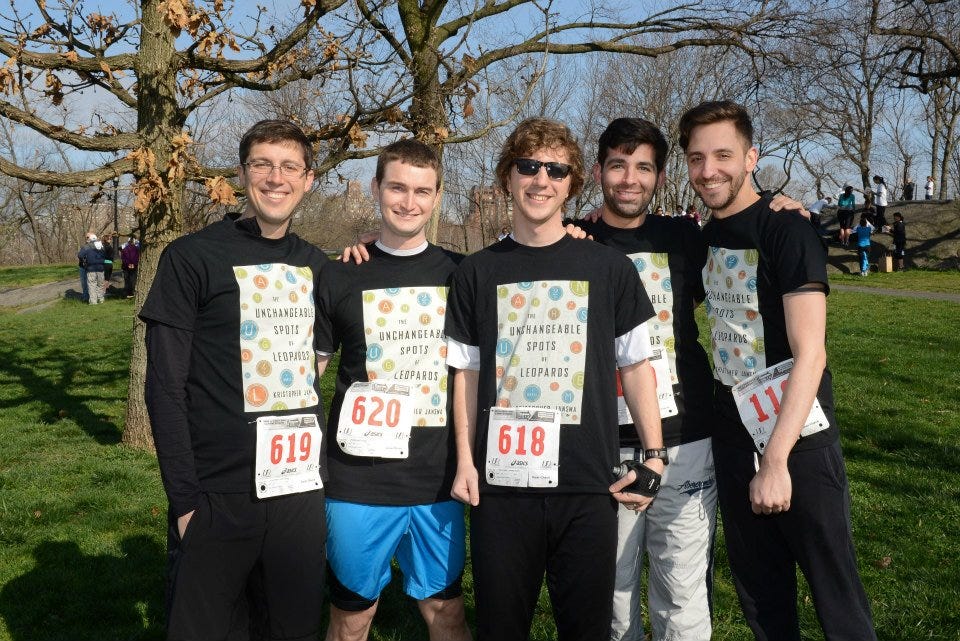

Murakami's memoir rocks and so does this piece. Thanks, Kris. Once again, you've delivered exactly what I needed to hear. Perhaps because I'm a former dancer, I begin my day with a workout. I believe it's the reason I'm also able to show up everyday to write. Warming up my body, opens my mind. Whenever I get frustrated on the page, I'll get up and do Tai Chi. Can't imagine my life without either activity. Sending positive vibes.